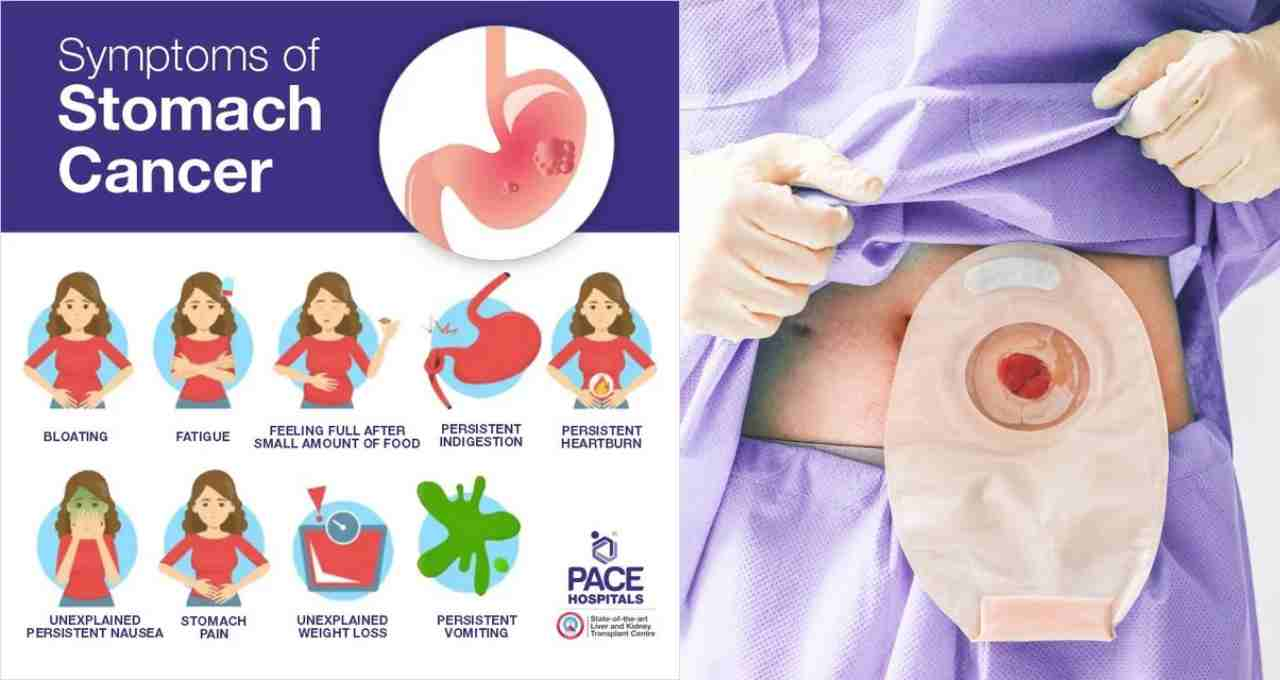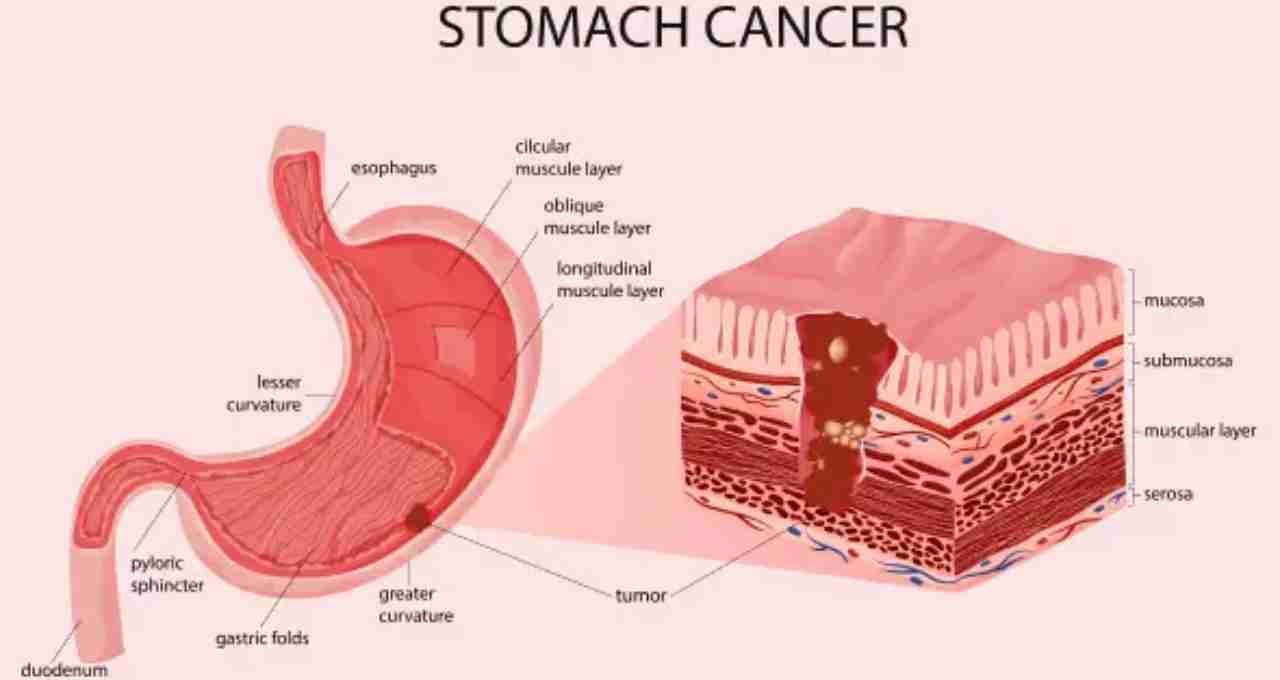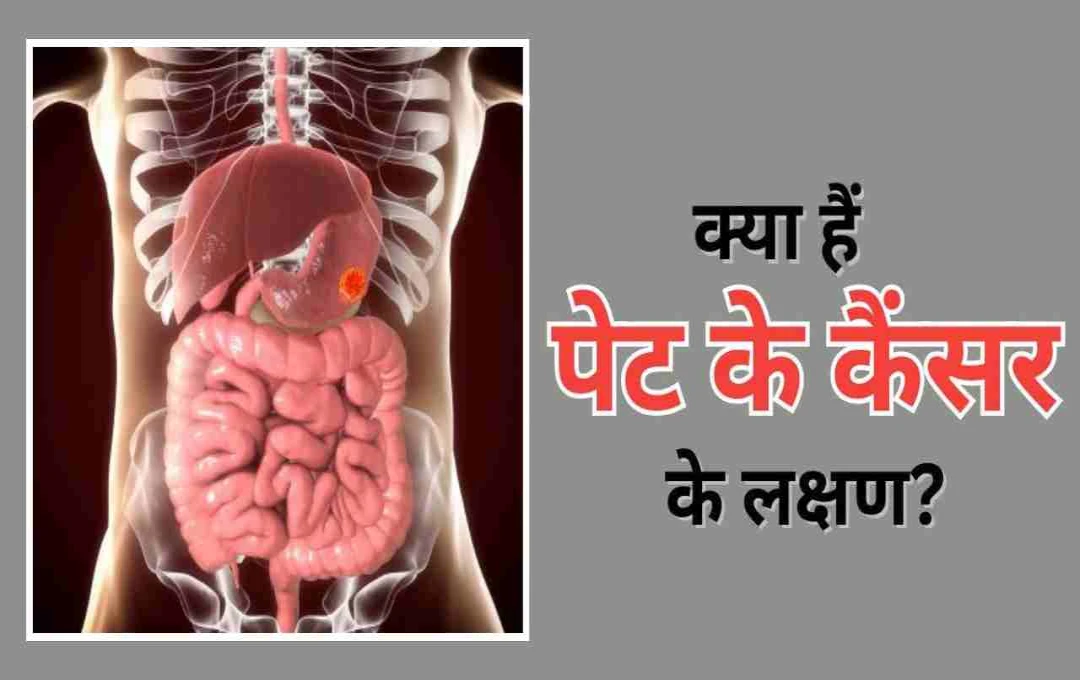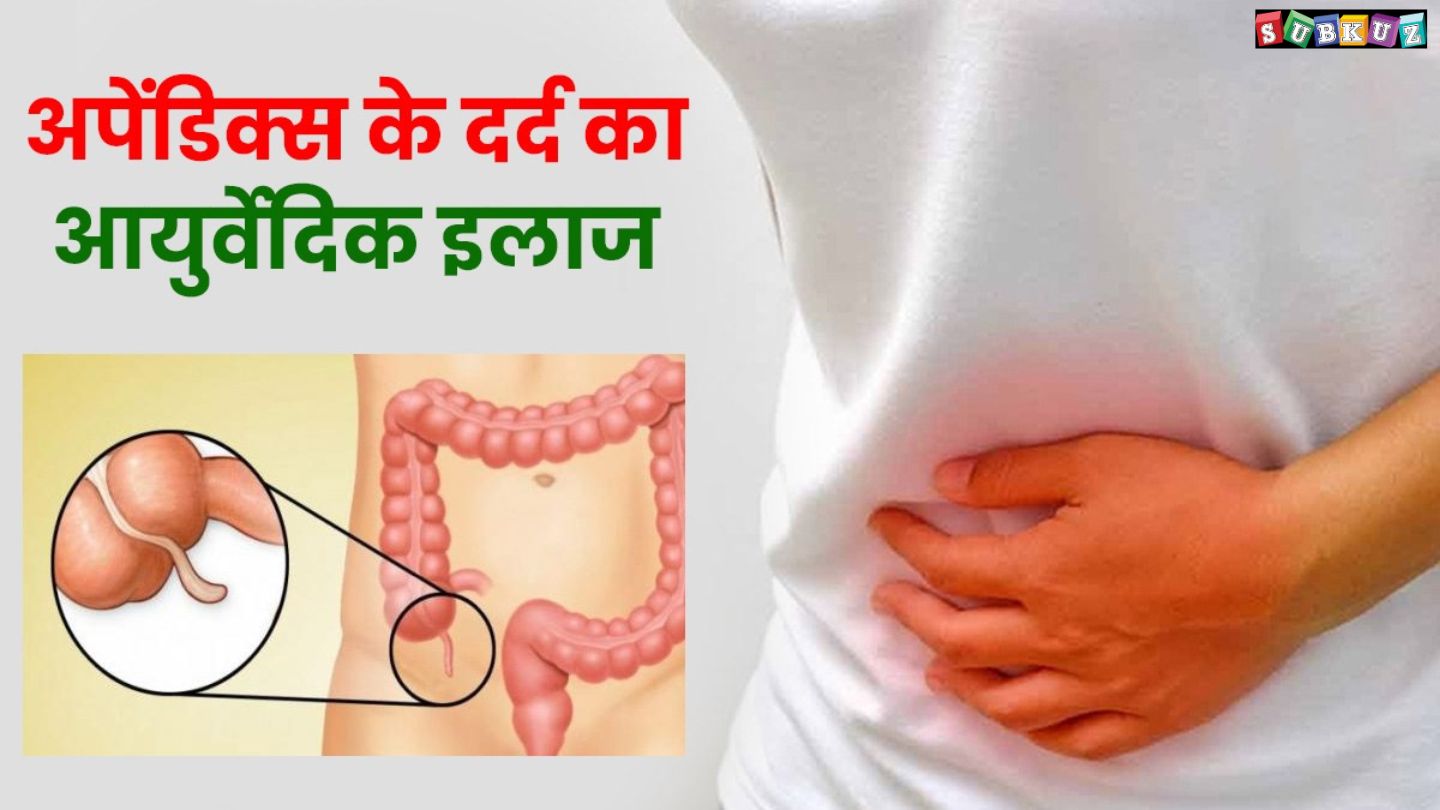Stomach cancer (Gastric Cancer) is a dangerous disease that often spreads silently within the body without any early warning signs. Late detection makes treatment challenging. However, timely screening can significantly improve survival rates. This article will explain the causes, symptoms, risk factors, and the importance of screening for stomach cancer in simple terms.
What is Stomach Cancer and Why is it So Dangerous?
Stomach cancer, medically termed gastric cancer, originates in the inner lining of the stomach. It's a slow-growing cancer, often progressing for years without noticeable symptoms. By the time symptoms manifest, the disease may have reached a serious stage. This is why timely detection is crucial for effective treatment.
Late-Appearing Symptoms of Stomach Cancer
Initial symptoms often mimic common stomach problems, leading to confusion. However, persistent symptoms warrant immediate medical consultation:
- Frequent loss of appetite or sudden weight loss
- Upper abdominal pain, fullness, or discomfort
- Feeling full quickly after eating small amounts
- Heartburn and indigestion
- Blood in stool or dark-colored stools
- Anemia (blood deficiency)
- Yellowing of skin and eyes (if cancer has spread to the liver)

Who is at Higher Risk of Stomach Cancer?
Certain individuals belong to a high-risk group and need to be more vigilant. These include:
- Individuals with a family history of stomach cancer
- Long-term smokers or heavy alcohol consumers
- People infected with H. pylori bacteria
- Obese or physically inactive individuals
- Regular screening is recommended for these individuals based on their doctor's advice.
Endoscopy: An Effective Method for Early Detection
Endoscopy (Gastrocopy) is considered the most reliable test for detecting stomach cancer. It allows doctors to directly visualize the inner lining of the stomach and identify any abnormalities promptly. Countries like Japan and Korea, which have high stomach cancer rates, recommend endoscopy every 2-3 years after age 50. This has contributed to reduced mortality rates in those countries.
Why is Screening and Awareness Crucial in India?

India lacks a comprehensive national screening program for stomach cancer. However, research suggests that timely endoscopic screening in high-risk groups could reduce mortality rates by up to 30%. Therefore, raising public awareness about this disease is crucial in India.
The Role of Timely Screening in Stomach Cancer Prevention
The greatest danger of gastric cancer lies in delayed detection. Timely screening not only enables early treatment but also significantly improves survival chances. Awareness is the most effective preventive measure.













